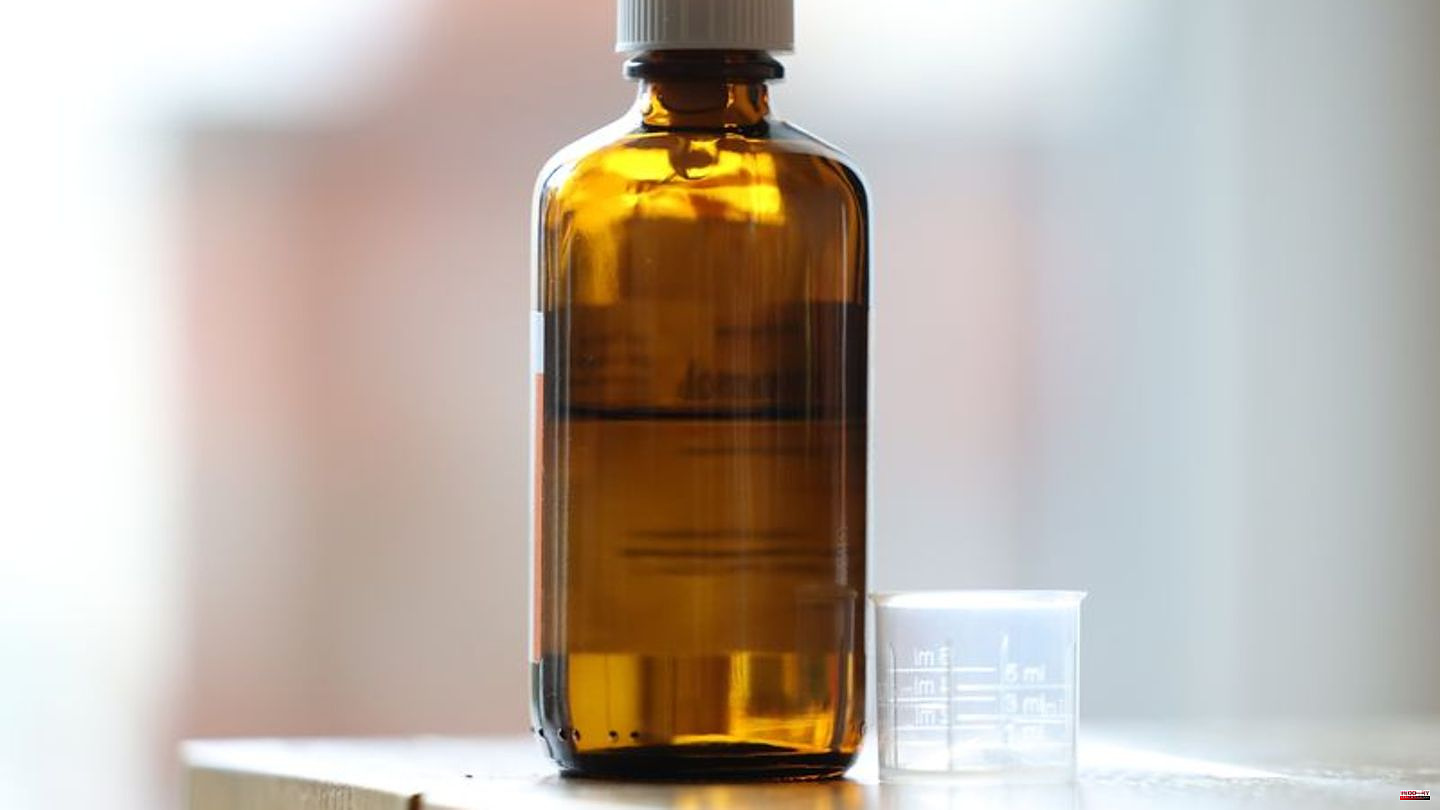Manufacturers of generics continue to see high cost pressure on medicines. According to the evaluation of a new survey by the lobby association Pro Generika, they also fear that they will have to withdraw medicines from the market for economic reasons. The "Handelsblatt" had previously reported on the survey.
30 percent of the generics manufacturers surveyed stated that they would probably eliminate between ten and 50 percent of their drugs from the portfolio in the next twelve months. 70 percent said that they will probably no longer offer up to ten percent.
Generics are imitation products of medicines with the same active ingredient whose patent protection has expired. They are often cheaper than the first-party products. Ten generics manufacturers took part in the survey in December, which means that they produce a total of around two thirds of the patent-free generics required in Germany.
According to the companies, active ingredients in antibiotics, the opioid oxycodone, the antidepressant venlafaxine, the heart drug ivabradine and the antihypertensive bisoprolol could be particularly affected by reduction plans.
Complaints about cost pressure and price regulation
Delivery bottlenecks in Germany have recently occurred for off-patent medicines such as fever syrups for children, but also for preparations for adults such as antibiotics and cancer drugs. Manufacturers are complaining about increasing cost pressure combined with strict price regulation in Germany, so that some companies have withdrawn from production, for example for children's fever syrup.
In the survey, 20 percent of the companies stated that between 50 and 80 percent of their medicines are likely to become uneconomical. 40 percent said between 10 and 50 percent, again 40 percent said up to 10 percent.
The federal government is starting in several areas in the fight against scarce medicines. According to plans by the Ministry of Health, there should be new rules for stocks as a buffer. In order to absorb short-term disruptions in the supply chain or short-term larger additional requirements, "an obligation to store goods for several months" will be introduced, according to a draft bill for a planned law.
The draft follows key points that Health Minister Karl Lauterbach (SPD) had already presented at the end of the year. They also provide for new price rules that are intended to make deliveries to Germany more economically attractive for drug manufacturers.







